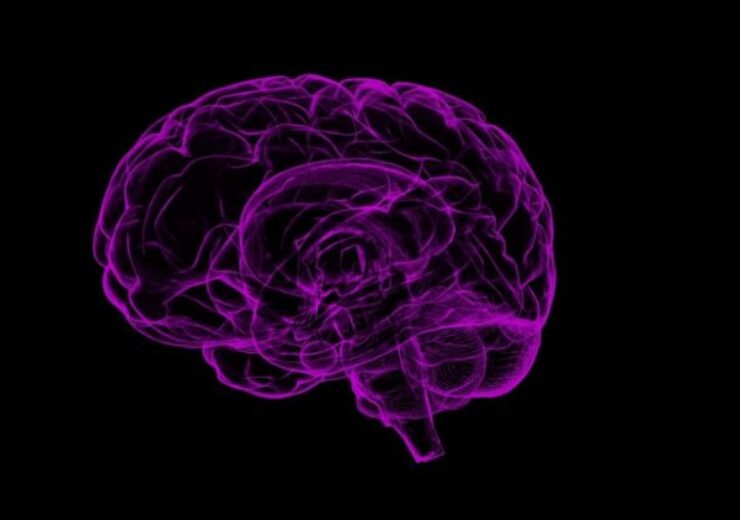With simple modifications, the SOBA test can also be used in other conditions such as Parkinson’s disease and Lewy body dementia

UW researchers led team has developed a test that can measure levels of amyloid beta oligomers in blood samples. (Credit: University of Washington)
A team led by researchers at the University of Washington (UW) claims to have developed a new laboratory blood test dubbed soluble oligomer binding assay (SOBA) for detecting toxic protein years before Alzheimer’s symptoms emerge.
The test is designed to calculate the levels of amyloid beta oligomers in the blood samples of patients.
With simple modifications, SOBA can also be used in other conditions such as Parkinson’s disease and Lewy body dementia.
In a study, the blood test detected toxic oligomers implicated in the development of Alzheimer’s before symptoms of cognitive decline appear.
According to the findings published in the Proceedings of the National Academy of Sciences (PNAS), the SOBA test identifies levels of oligomers formed from aggregations of misfolded amyloid beta proteins that clump together.
The team of researchers tested SOBA on blood samples from 310 participants who had relevant medical records available for Alzheimer’s research. The patients were having no signs of cognitive impairment, mild cognitive impairment, Alzheimer’s disease, or another type of dementia at the time of giving blood samples.
In the study, SOBA found oligomers in individuals having mild cognitive impairment and moderate to severe Alzheimer’s. It also detected oligomers in 52 of the 53 samples from participants with cognitive impairment or dementia who died from Alzheimer’s disease.
Additionally, SOBA detected oligomers in 11 control-group members with no signs of cognitive impairment.
UW bioengineering professor and senior author Valerie Daggett said: “What clinicians and researchers have wanted is a reliable diagnostic test for Alzheimer’s disease — and not just an assay that confirms a diagnosis of Alzheimer’s, but one that can also detect signs of the disease before cognitive impairment happens.
“That’s important for individuals’ health and for all the research into how toxic oligomers of amyloid beta go on and cause the damage that they do.”
Currently, Daggett’s team is collaborating with researchers at AltPep, a UW spinout company, to convert SOBA into an oligomer diagnostic test.
